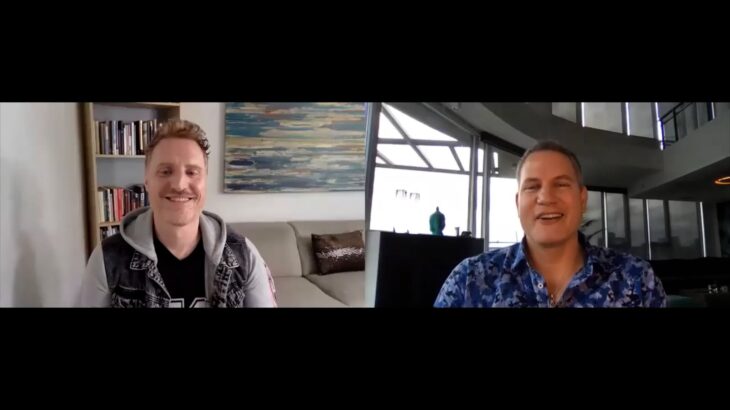Building resilience is not something that can be done in a day or in a week–— it’s built slowly, over time. And there is no finish line. It’s a life-long process to become, and remain resilient.
The core of building resilience hinges on whether we can consistently practice the skills that we are learning…..and especially on the challenging days when things aren’t going our way.
One of the most effective ways we create consistency is by making the actions we want and know we should take to become our default approach. We all know that we should eat healthy, get enough sleep, make time for family and friends, exercise, read, and the list goes on and on. But knowing what we should do is the easy part…following through, though, is where the rubber meets the road. Our focus this week is to help you turn your good intentions into positive actions—-and those positive actions into healthy habits.
So let’s start by analyzing what a habit is. If you look it up in the dictionary, you will see more or less the same definition. We have integrated a few here: A habit is an acquired practice that becomes an automatic way to do things when in a specific situation— and it’s difficult to give up.
The habit becomes second nature to such an extent that it feels strange if you don’t do it. We can have bad habits and good habits—like biting your nails when your nervous or flossing and brushing your teeth twice a day.
But building a helpful habit is not JUST deciding that you want to be better at something. It’s creating a plan, putting it into action, and then doing it every day. An important part of a habit is the context that it occurs in. Typically, habits are easier to ingrain when they become tied to a specific pattern of behavior and the new habit is inserted as the next step in a process.
For example, getting out of bed, and then immediately making the bed—assuming someone else isn’t in it! But making the decision to get started can happen just like that. On any given day, you can decide to start a routine to develop a new habit. That is absolutely within your power.
From there, it’s both the easy and the hard part. Creating the plan, and even the first couple days of getting going might be easy. But it’s the day-in-and-day-out commitment to stick with the habit that can become challenging. While we have read varying advice on how long it takes for a new habit to stick—a good rule of thumb from scientists is repeating daily for 10 weeks.
One more thing to think about when it comes to building healthy habits—it is more effective to add a behavior into your schedule than to take away from it. It’s definitely possible to undo bad habits, but even here, it works best when you replace the bad habit with a good one.
James Clear is author of the New York Times best seller called Atomic Habits. He shares a lot of practical wisdom on this subject. Perhaps the most convincing reason to focus on building healthy habits is this analysis: “The difference a tiny improvement can make over time is astounding. Here’s how the math works out: if you can get 1 percent better each day for one year, you’ll end up thirty-seven times better by the time you’re done.” While getting 1% better each day is very hard, I’m a big believer in getting 1% better every week.
So this week, we are focusing on building healthy habits. To be more resilient, it’s crucial that we consistently focus on ingraining healthy behaviors as our default setting. Doing this enables us to be prepared for the inevitable challenges and adversity we’ll face—so that we can get back on track quickly by leaning on our habits to power through.






